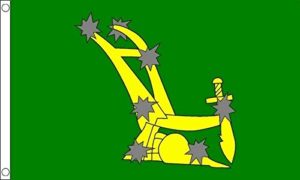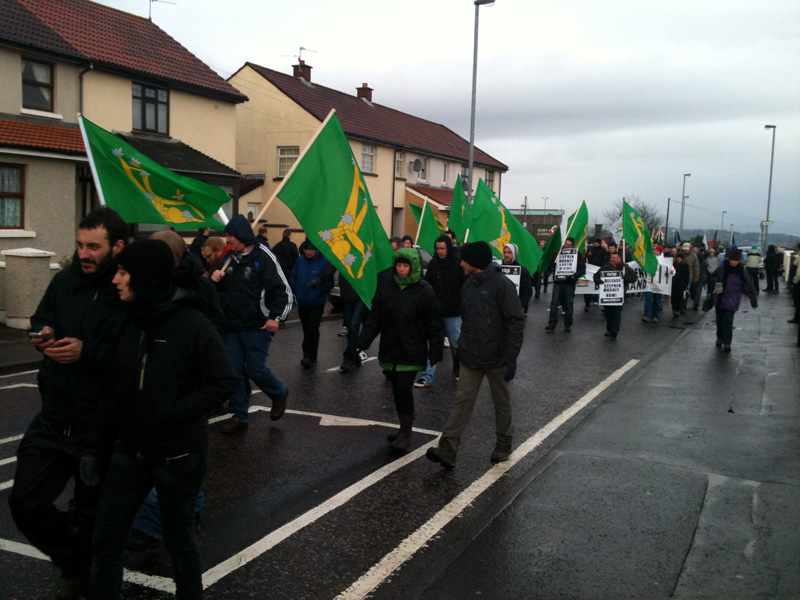The idea that when a person dies for his country, he becomes a martyr was fairly common during times of revolution, which is why martyrdom is such a common theme throughout theatre of this time. Jack Clitheroe goes back to fight with the Irish Citizen Army, and eventually dies fighting for Irish independence. When Nora Clitheroe is to find out of her husband’s death, her “grief will be a joy when she realizes that she has had a hero for a husband” [1]. When someone dies during a struggle for independence against England, he becomes a “martyr,” and that is something that is admires, which is why it is expected that Nora would be able to recover from her grief quickly.
This play is a more complex example of Irish theatre because it dives into martyrdom on a deeper level. Nora did not tell Clitheroe that he had been promoted because she was afraid that he would be killed while fighting. Ultimately, Clitheroe is killed and Nora, already upset from her stillbirth, struggles immensely with his death. Although Nora is told that she should be proud that her husband is a martyr, it is extremely difficult for her to cope with. This play shows the other side of martyrdom [2]. It can be this great, inspiring act, but when it comes to the death of loved ones, it is always a challenge. Also, it shows more of the effects of martyrdom, which is something that “Cathleen Ni Houlihan” does not do.

